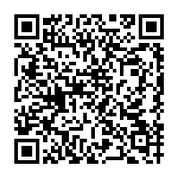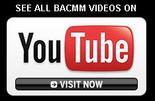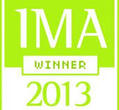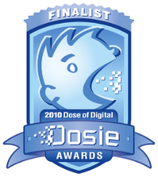Did you know that stress affects what we choose to eat? A recent Harris poll showed that 46% of Americans are less careful about food choices when stressed.
Some eat too much. Others don’t feel like eating much at all. Many go for fast food on the run – or reach for “comfort foods” that are high in sugar, starch, and fats. These can have a temporary calming effect. But they can also cause us to put on the pounds.
There are other reasons to be careful with your fat intake. Researchers at Ohio State University found that short periods of emotional stress can slow down the body’s process of clearing some fats from the bloodstream. If fat is allowed to circulate in the bloodstream too long, it may end up being deposited in the arteries, increasing your risk of heart attacks.
What can you do?
For 17 years HeartMath® has conducted research on the physiology of and relationship between the heart, stress, and emotions, as well as the effects of stress on health and wellbeing. They have developed simple but highly effective techniques that facilitate heart rhythm coherence. Simply stated, coherence is a measurable state that occurs when the heart, brain, and nervous system are working in harmony. When stress levels are low, using techniques like HeartMath’s scientifically validated Quick Coherence® can help you build emotional buoyancy. Using these techniques regularly, even if you’re not stressed out, helps you to build and accumulate more emotional balance and flexibility so you can better handle stress when it does arise. Another helpful tool to manage stress is the emWave Personal Stress Reliever®. This small handheld device can be used to help you shift out of the stress that fuels the urge to overindulge, and into a more balanced state of mind and heart where you’re more likely to make healthy choices (see www.emwave.com).
Creating a self-care plan that you can stick with five days a week helps you build positive habits that support you during times of stress. Your plan can include exercise, nutritious meals, and regular use of the HeartMath techniques that you enjoy the most.
When stress hits:
If you have the urge to overindulge, asking yourself one simple question can be helpful – are you physically hungry or eating to feed “emotional hunger?” If it’s your feeling world that has a craving, you can use the HeartMath techniques to nurture yourself. Research shows that feelings of love or appreciation create a cascade of biochemical events that nourish the body and the mind. That’s why love feels so good. It supports the body’s optimal state.
Whether you tend to eat too much or too little, try asking yourself what’s underneath the stress. Being “heart vulnerable” with yourself – admitting what you’re really feeling – is the start of taking better care of yourself. Physical exercise can help you integrate your mind and emotions with your body making it easier to get your eating back on track.
If eating problems persist, seek professional help.
Copyright © HeartMath. Since 1991 HeartMath has been dedicated to decoding the underlying mechanics of stress. HeartMath is internationally recognized for their solutions to transform the stress of change and uncertainty, and bring coherence and renewed energy into people’s lives. Research and clinical studies conducted by HeartMath have examined emotional physiology, heart-brain interactions, and the physiology of learning and performance. Through their research they have demonstrated the critical link between emotions, heart function, and cognitive performance. HeartMath’s work has been published in numerous peer-reviewed journals such as American Journal of Cardiology, Stress Medicine, and Preventive Cardiology, as well as business journals such as Harvard Business Review and Leadership Excellence. HeartMath’s organizational clients include NASA, BP, Duke University Health System, Stanford Business School, Redken, Kaiser Permanente, Boeing, and Cisco Systems, as well as dozens of school systems and thousands of health professionals around the world. To learn more about HeartMath, go to www.heartmath.com.

 RSS Feed
RSS Feed































